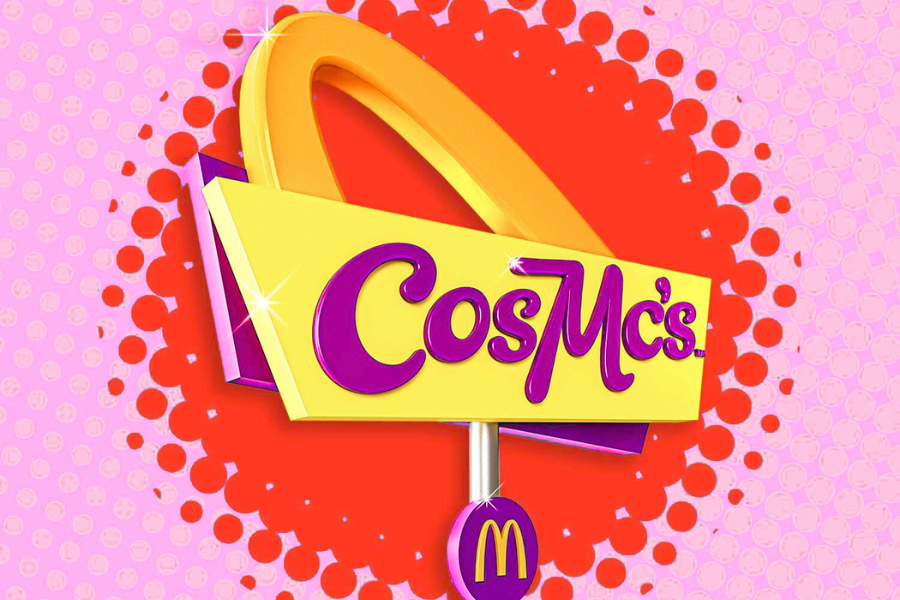Legendary rapper and hip-hop artist who needs no introduction, Eminem, released his 11th studio album – “Music to be Murdered By” – back in January 2020, consisting of 20 mediocre songs that needed something extra. Because of that, Eminem decided to drop a deluxe version in late December seemingly out of nowhere, without any prior announcement or hype, adding in another 16 songs. Consisting of a lofty 36 tracks in total and ranging from a variety of rap styles, the album strives to celebrate and recapture the best parts of Eminem’s work while featuring other prominent musicians such as Ed Sheeran, Royce da 5’9”, and the late Juice Wrld. However, “Music to be Murdered By” was regarded to be Slim Shady’s bounceback project, after suffering from a less-than-ideal reception from previous albums “Kamikaze” and “Revival.” Despite the massive importance this album holds, it fails to reach the expectations of long-time Eminem stans and rap connoisseurs alike, as it seems to contradict everything Eminem resembled as an artist, while having minimal positives.
Eminem first rose to prominence as a skinny kid from Detroit who could craft together insatiably deviant bars that held just the right amount of farcical comedy and enlightenment. Paired with congenial beats and his fast but impressively clear style of rapping, Eminem became an instant hit amongst teens, with songs like “Lose Yourself,” “Rap God,” and “The Real Slim Shady,” defining Em and his music. However, his latest album fails to reflect his most defining trait: being a lyrical genius.
The first song on the album, “Black Magic (Ft. Skylar Grey),” opens up with Grey’s chorus that just resonated as being overproduced and too similar to mainstream pop. However, those first 25 seconds proved to be the most tolerable 25 seconds of the song, as Em jumps in with his opening bar alongside a glitzy and out-of-place beat. It becomes clear that the song is a melting pot of pop, hip-hop, rap, and even Trance EDM, while not being able to fully identify into any of those categories. On top of that, lyrics like “we’re an unlikely pair, like two different Nike Airs,” are just weak compared to the Eminem that we know. It’s writing you would expect from a Youtube diss track, not from world-renowned artist Eminem and his accomplished producer Dr. Dre.
This continues into the fifth song, “Book of Rhymes,” where Eminem claims that it’s time he empties out his long list of rhymes he still hasn’t used yet, something that is apprehensively clear throughout the album. Again the lyrics are weak, with simple bars like “This instru’s mental to mini-bars,” and “My dome’s brighter, all I spit from my skull’s fire.” Each song lacks variety and identity, and the result is a collection of songs that just seemed to be dumped into an album, clearing the books of all of the unnecessary rhymes Eminem had stored in his back pocket. Much like one of his most critiqued colleagues, 50 Cent, Eminem’s new album falls into a pattern of the commercialization of hip-hop, where he no longer makes music to create, but just to brandish a check. I’m sure that wasn’t his intention, but it’s where this album resides in the grand scheme of the music industry.
Despite the massive pitfalls and significant dropoff in creativity and style, there are some positives within this album that may be able to rectify it, but only by a small margin. Beat changes are something that is still unfamiliar territory to many rappers, Eminem included, as they can be often confusing, misplaced, and unwelcomed. Yet Em manages to include successful beat changes through the majority of his songs, offering a temporary respite from the actual content itself. It does go to show that Eminem, despite being well past his prime, is still growing and evolving as an artist to keep up with modern trends and changing hip-hop dynamics.
Another positive that can also be perceived as shady (no pun intended), is Eminem sprinkling in some of the more successful singles that he had released somewhat recently, into this album, hoping to amplify the overall reception of it. This includes record-breaking single (now track no. 23) “Godzilla,” which featured the late Juice Wrld. Godzilla was everything that Eminem was about: lightning fast delivery, ingenious lyrics, and an actual hip hop beat fit for rap. “Godzilla” had over 300 million views on Youtube and over 500 million streams on Spotify, and happened to be released nearly a year before the entire “Music to be Murdered By” album was dropped. Again, further proving Eminem’s unintentional mistake of commercializing his music, and this album specifically.
All in all, “Music to be Murdered By” was a step back for Eminem, as it lacked the very things that made him a worldwide sensation. A combination of weak lyrical writing, unnecessary production style, and weird choice of beats and instrumental all culminate this album into being a major letdown and disappointment. Eminem needs to build off of what he’s learned though, that beat changes are exciting if done right, and that originality is the key to his success.
Rating: C






















